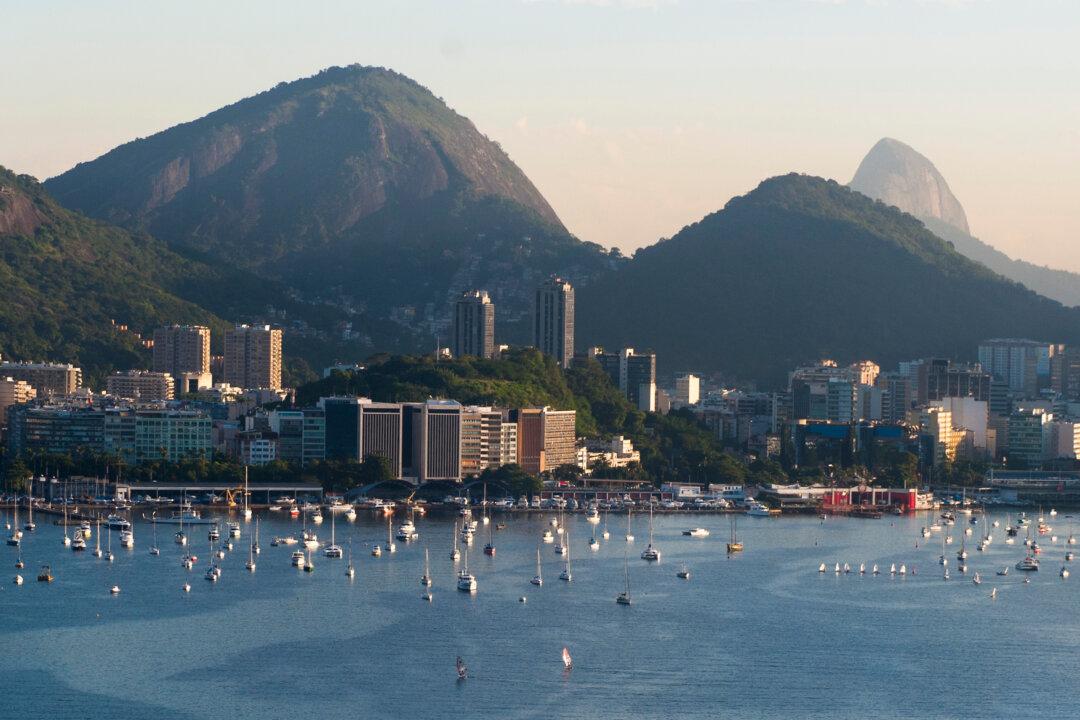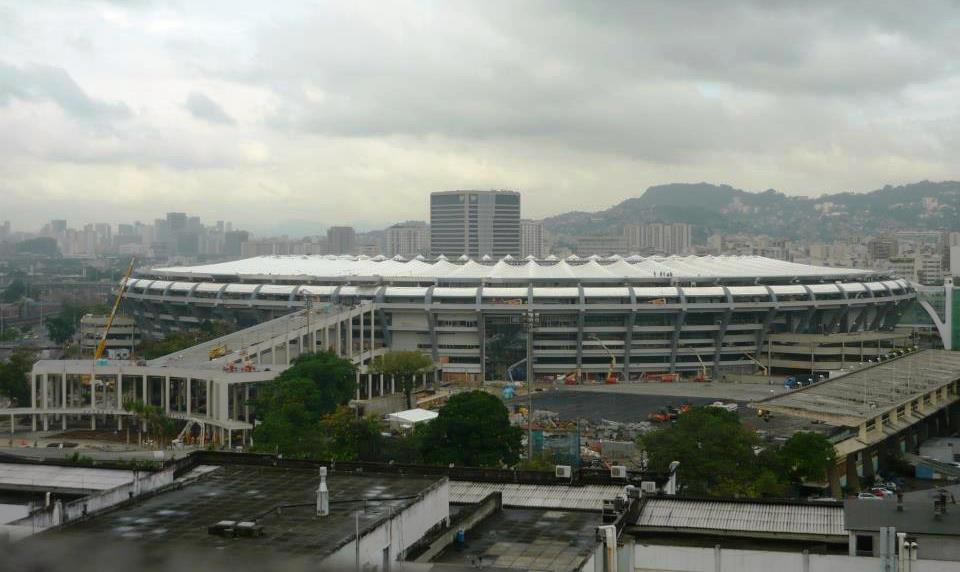ITATIBA, Brazil—Brazil is telling hotels to keep their prices at reasonable levels ahead of the major sporting events hosted by the country or face the consequences.
According to a study released last week by the Brazilian Tourism Institute, or Embratur, the prices of hotels in Rio de Janeiro have made the city third in the world for high hotel prices, overtaking normally high-priced cities such as New York and Paris.
The average per night hotel cost in Rio was $246.71, behind only Miami at $293.57 and Punta Cana in the Dominican Republic at $278.90. The costs were found lower in New York at $245.82, Sydney at $201.73, and Paris at $196.17.
“This increase cannot be explained in any projection of inflation, tax burden, or the so-called Brazil cost (higher cost of operating business in Brazil due to a number of factors such as public services inefficiency),” Flávio Dino, the president of Embratur, said in a statement.
Brazilian authorities want to avoid the same problem faced bythe tourism industry during the 2012 London Olympics, where high accommodation prices discouraged tourism.
“[A]ll cases considered abusive will be forwarded to the Department of Consumer Affairs of the Ministry of Justice,” said Dino.
“We set the path of dialogue with entrepreneurs to avoid having a few opportunists harm the image of the whole country,” commented Minister of Tourism Gastao Vieira on the ministry’s website.
Price Limits
The ministry is setting price caps for hotels for the FIFA Confederation Cup, which recently got under way, as well as the 2014 FIFA World Cup and the 2016 Summer Olympic Games.
The limits are being defined by MATCH Services, a company used by FIFA for issues related to accommodations at international events.
The decision to contract Zurich-based MATCH was made jointly by representatives of the hotel industry and the Brazilian government.
MATCH has currently set contracts with around 850 hotels in Brazil, and is defining limits for each. The company is working on setting up contracts with more hotels.
“MATCH is still in negotiations with the remaining properties to provide fair and reasonable rates for the event, similar to those already contracted,” Andreas Herren, a spokesperson with MATCH Services, told the Epoch Times.
“MATCH therefore welcomes the government’s initiative and is also grateful to the hotels for their support and cooperation,” Herren said.
Profitable Sector
The hotel sector is an important part of the Brazilian economy, generating about 1 million direct and indirect jobs, according to the Hotel Operators Forum of Brazil.
Alfredo Lopes, the president of Brazilian Association of Hotels Industries of Rio de Janeiro (ABIH-RJ), explains that the market functions as the regulator for setting prices, and that it is natural in any major international event to expect price hikes, especially for grand events such as the Olympics and the World Cup. However, he agrees that hotels must avoid charging abusive rates.
“We, along with the regulatory body, closely track and identify specific violators. If abuse is found, the organs of consumer protection will be triggered,” Lopes told the Epoch Times.
“The ABIH-RJ is committed to collaborating with the Ministry of Tourism and Embratur in monitoring average prices charged by the hotels so that tourists receive quality services and accommodation in accordance with the limits in place.”
ABIH-RJ estimates that Rio, the city that will host most of the tourists during the upcoming major events, will have around 6,000 new accommodation rooms by 2014 for the World Cup, and around 12,000 more by 2016 for the Olympics. The annual hotel occupancy rate for Rio is currently at 80 percent.




